Making the leap from Bengaluru to grad school in Fredericton
International student Rani Saggere describes her experience pursuing a doctoral degree at the University of New Brunswick.
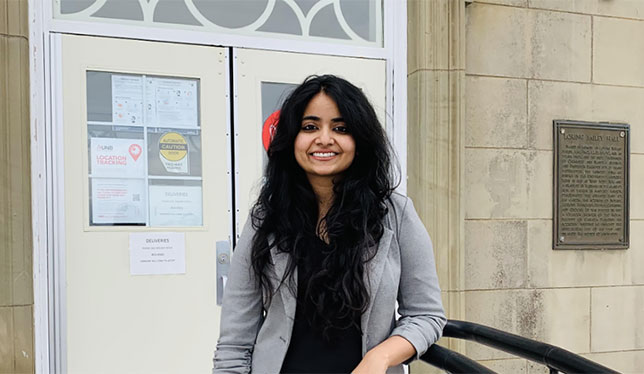
Thinking of studying abroad in Canada? While international students face numerous challenges, I sat down with Rani Saggere, who shows that being part of the community, hard work, and positivity can lead to a productive journey of growth.
Please introduce yourself.
My full name is Rani Monica Shanmukha Swamy Saggere, but you can just call me Rani Saggere. I originally hailed from Bengaluru, which is the capital city of Karnataka, in the southern part of India. Currently, I am pursuing my final year of my PhD in biology at the University of New Brunswick.

How did you choose your university and program?
Multicellularity was of specific interest to me as I was curious to learn and understand how the many different complex life forms that we see around us on the Earth evolved. I was open to various universities, including some that were abroad. Some prospective professors responded right away when I emailed them, and some didn’t. It just so happened that my current supervisor actually emailed me back after a month, but the way she responded to my email impressed me and it put a hold on every other application. For example, my supervisor used to make it a point to answer each of my questions by breaking it down so well that a layperson could understand. That attracted me from the beginning.
Progress with my application was also much quicker with UNB than with other Canadian universities. With regards to my application, the interviews, processing funds, and requesting the necessary documents, everything went super smoothly. They even awarded me a fully funded scholarship!
My supervisor had already impressed me with her clear ways of communicating, in addition to her research. I think that also helped me build that initial rapport. The initial warmth and welcoming behaviour that somebody gives impacts you. All these factors together made my path smooth at UNB, even though I did not know anybody in Canada, yet.
Do you have any advice to supervisors who are seeking to recruit international talent?
When recruiting international students, the education system in India – or any other country for that matter – is definitely different from Canada’s. There will be differences within the courses, the curriculum, the importance given to specific aspects of the course, and the way things are taught. In some institutions, the focus is more on theoretical knowledge, and in other places, more on practical applications. I would say, give any international students the opportunity to tell you what they have learned and what they are trying to explore with whatever position they are currently applying for.
A student’s potential is not just based on their CGPA/GPA. Students have different challenges in their own lives, ways of learning in different educational systems, and various levels of resources available to them. It’s important to recognize what the student has learned and give them an opportunity to explore if you see the motivation in them. If the student has a keen interest and unquenching thirst to learn, even if they don’t have the same background, I think different perspectives and ways of doing research enriches the grad school experience.
What was your decision process to study abroad?
In India, I was always protected by my family, and remained encapsulated in that shell. Although I loved every bit of that protection and safety, I wanted to move out of my comfort zone, to push my limits, to learn and manage different things on my own. I was afraid that I would take advantage of the comfort and pleasantness that my family offered and wouldn’t think about my individual growth, which was the main motivation behind me leaving. Being at UNB is the first time in my life that I had to make a huge effort to stay apart from them, miles and miles away, so it was very challenging for me in the beginning. There was also the other opportunity of being able to learn novel skills, which were less available in India. There were many tough initial days but the people in Fredericton made the transition easier by being very kind and helpful.
Tell us about some memorable experiences you’ve had in Canada so far.
There are plenty of memorable experiences that I have experienced living in Canada for four years now. During my longest layover of my journey to Fredericton, I realized that my Indian phone charger would not work. I was afraid that my battery would die and it would be impossible to talk to my family and inform them of my whereabouts. There was an old couple sitting at the Montreal airport, and I asked to borrow their charger for a while. They actually gave me their own charger and said to keep it for good! I still have the charger with me today.
In terms of my personal life, the most memorable experience that I’ve had so far was meeting my husband here. We met through the community activities because we were both actively involved in the Indian Students’ Association (UNB ISA). Although we are both Indian, he is from the northern part and I am from the south.
In addition, UNB gave me several opportunities to involve myself in many different volunteer organizations, like UNB ISA and more. There have also been multiple opportunities that have knocked on my door such as TAing, conference and workshop presentations, being a graduate student safety representative, and sitting on the biology graduate advocate hiring committee. These were good opportunities for me to build my network, because I did not know anybody. Thanks to my outreach, I was recently awarded a UNB Student Union Teaching Assistance Excellence Award, an Inclusion Award and a COVID-19 Community Service Award. I was speechless!
What surprised you the most during your studies here?
I think with some of the subjects and the courses that I took in India, there was a lot less practical knowledge being offered. I was surprised to be teaching an undergraduate course here in Canada, where I realized that the depth of the course was much higher than what I had learnt during my undergrad. I was amazed at the level of curriculum and teaching here.
Would you mind discussing your living and financial situations?
If one receives a fully funded doctorate scholarship, it is possible to live well as a student. The amount of funding one receives depends on a lot of factors such as the type of project, funding agency, your supervisor, how many students a supervisor might have in the lab, and the departmental funding for the graduate students. Also, with the present inflation, there has been no improvement in the scholarship which is a pressing concern at the moment, specifically for international students as they pay more tuition, technology fees, health and dental, bus pass, access to resources etc. There are ways to make extra money if the scholarships are not sufficient to fulfill all living expenses. For example, a part-time job could be useful as long as the primary focus of interest (i.e. study) and the amount of time devoted to studies is not disturbed.
What is the most important thing you have taken away from your experience at UNB?
I learned a lot of things in graduate school that are not related to my own research. This includes knowing the value of hard-earned money, how to efficiently and wisely manage my funds. Although there are ups and downs, there is overall growth, in that I develop personally and professionally through improved time management, leadership skills, and attention to detail.
Are you currently or considering studying internationally in Canada? Share your experience with us in the comments below!
Featured Jobs
- Medicine - Associate or Full Professor (Kidney Health)Université de Montréal
- Engineering - Assistant or Associate Professor (Robotics & AI)University of Alberta
- Soil Physics - Assistant ProfessorUniversity of Saskatchewan
- Finance - Faculty PositionUniversity of Alberta
- Sociology - Tenure-Track Position (Crime and Community)Brandon University




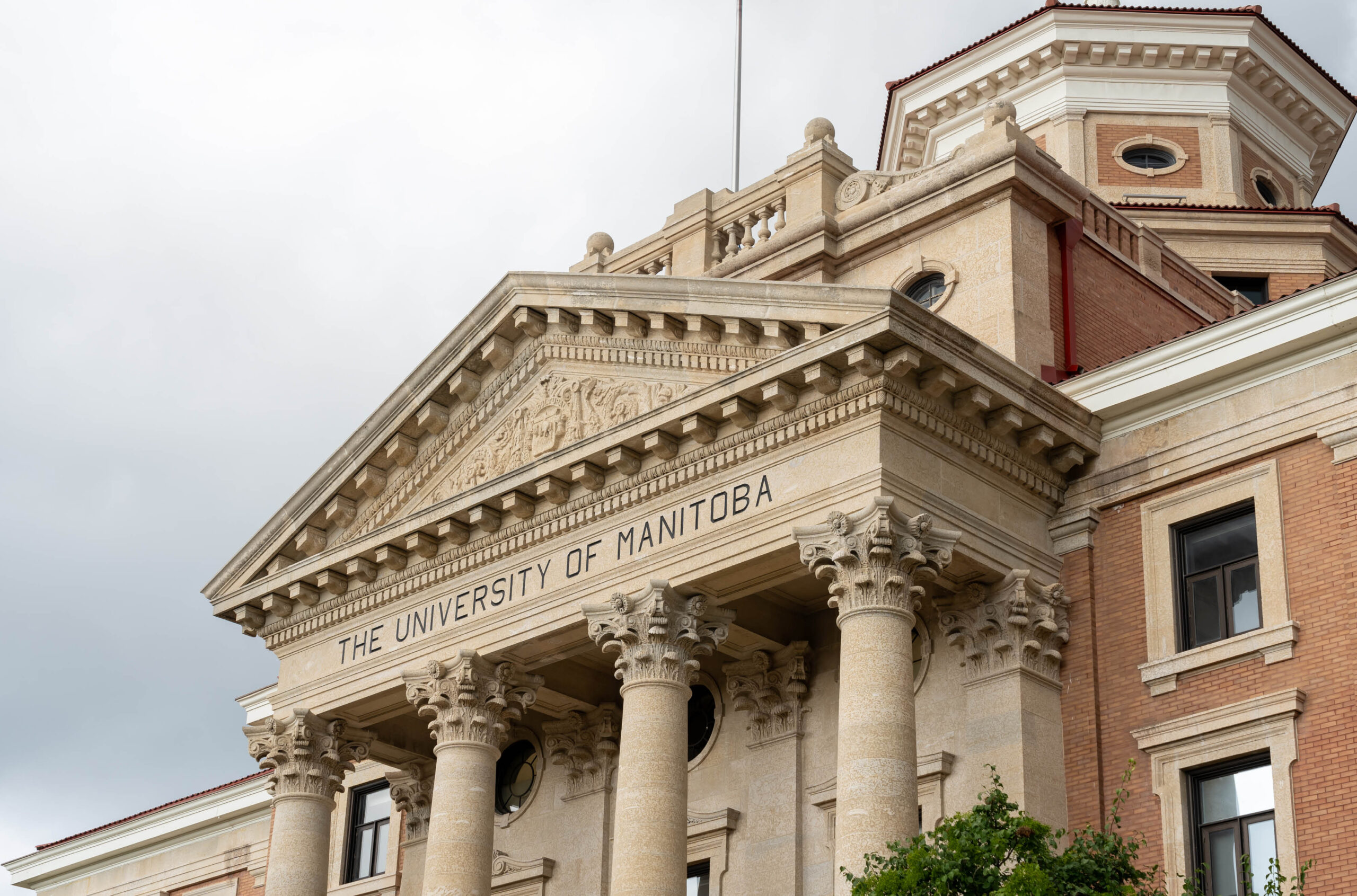
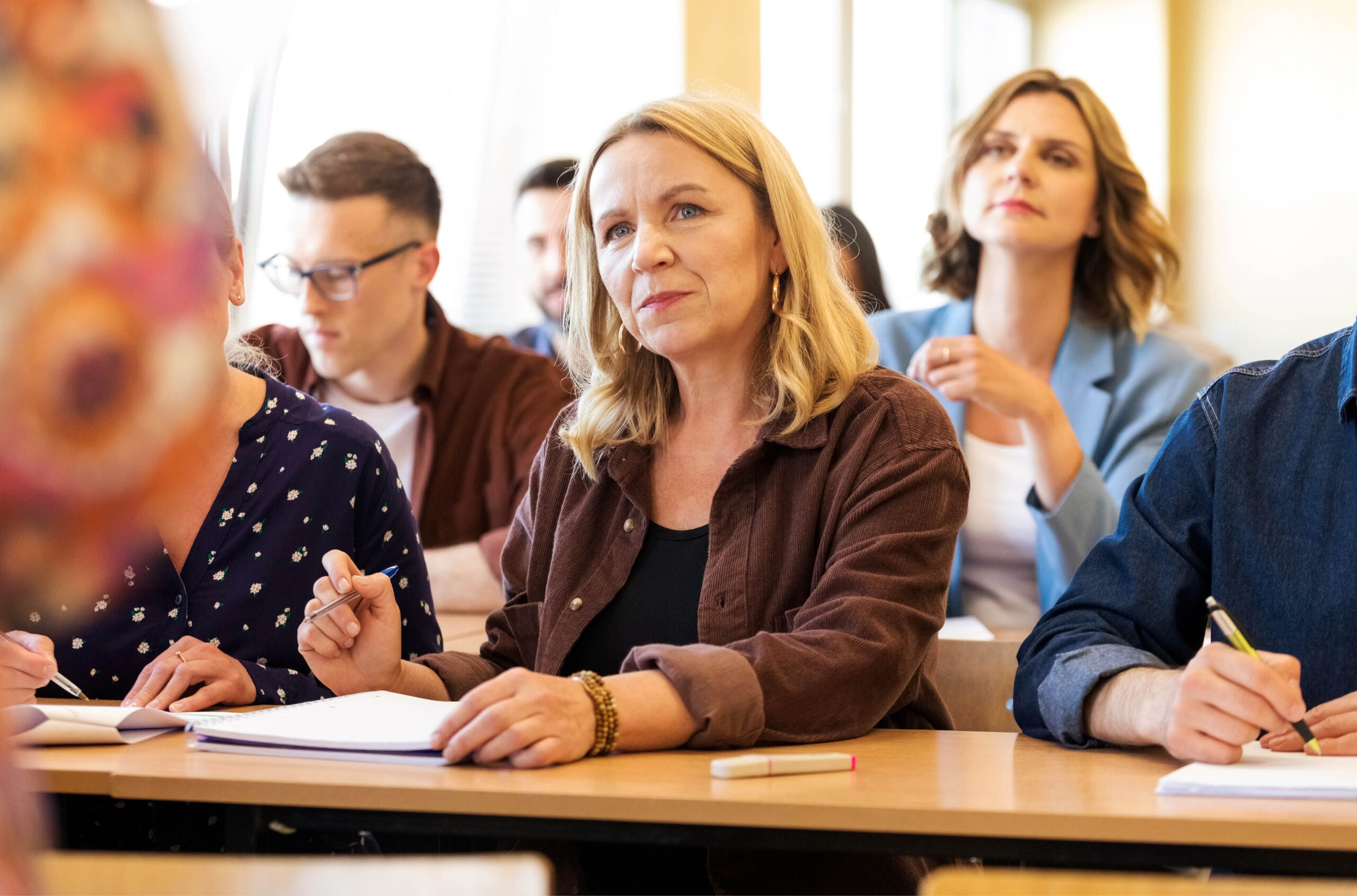

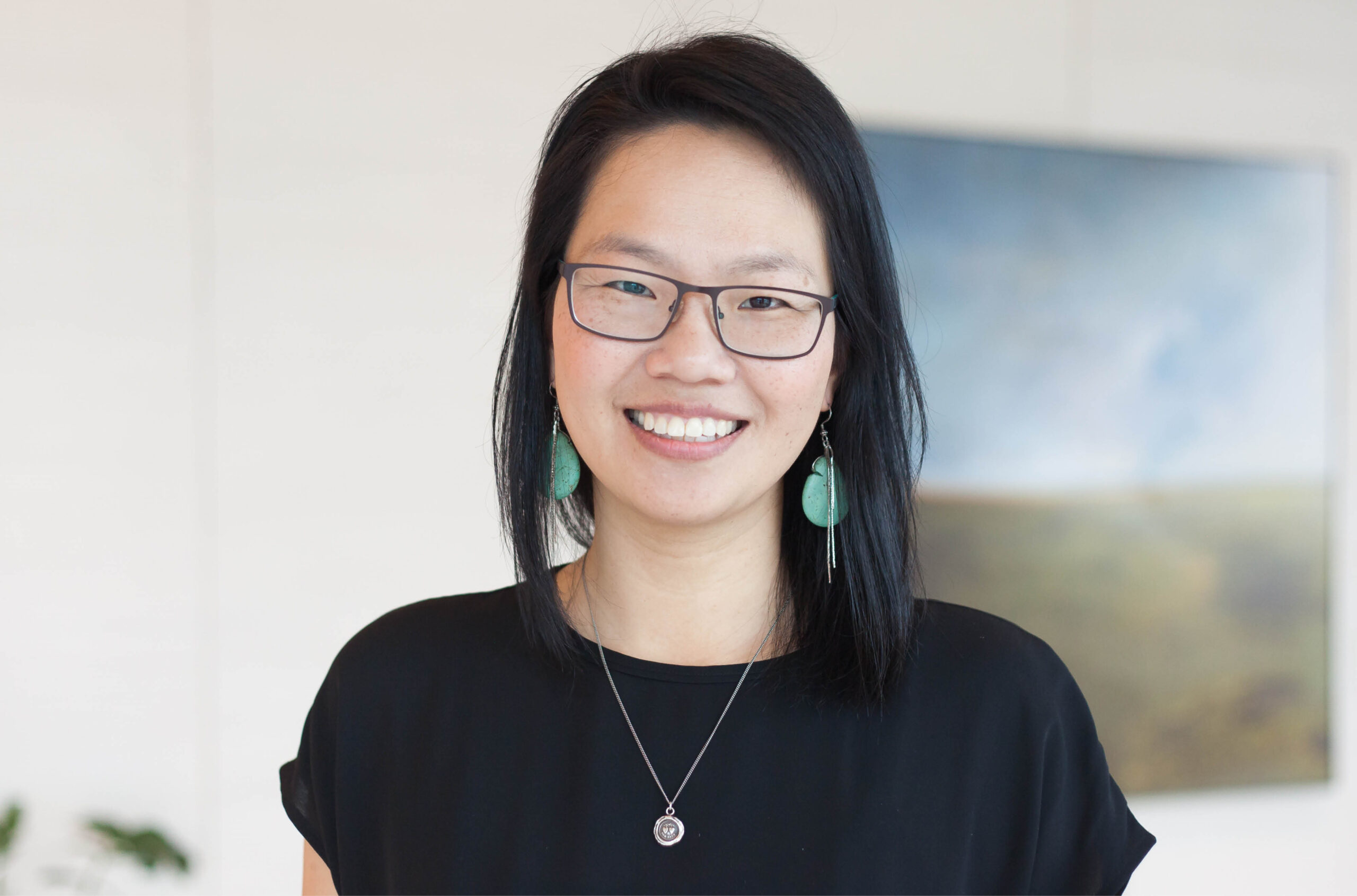





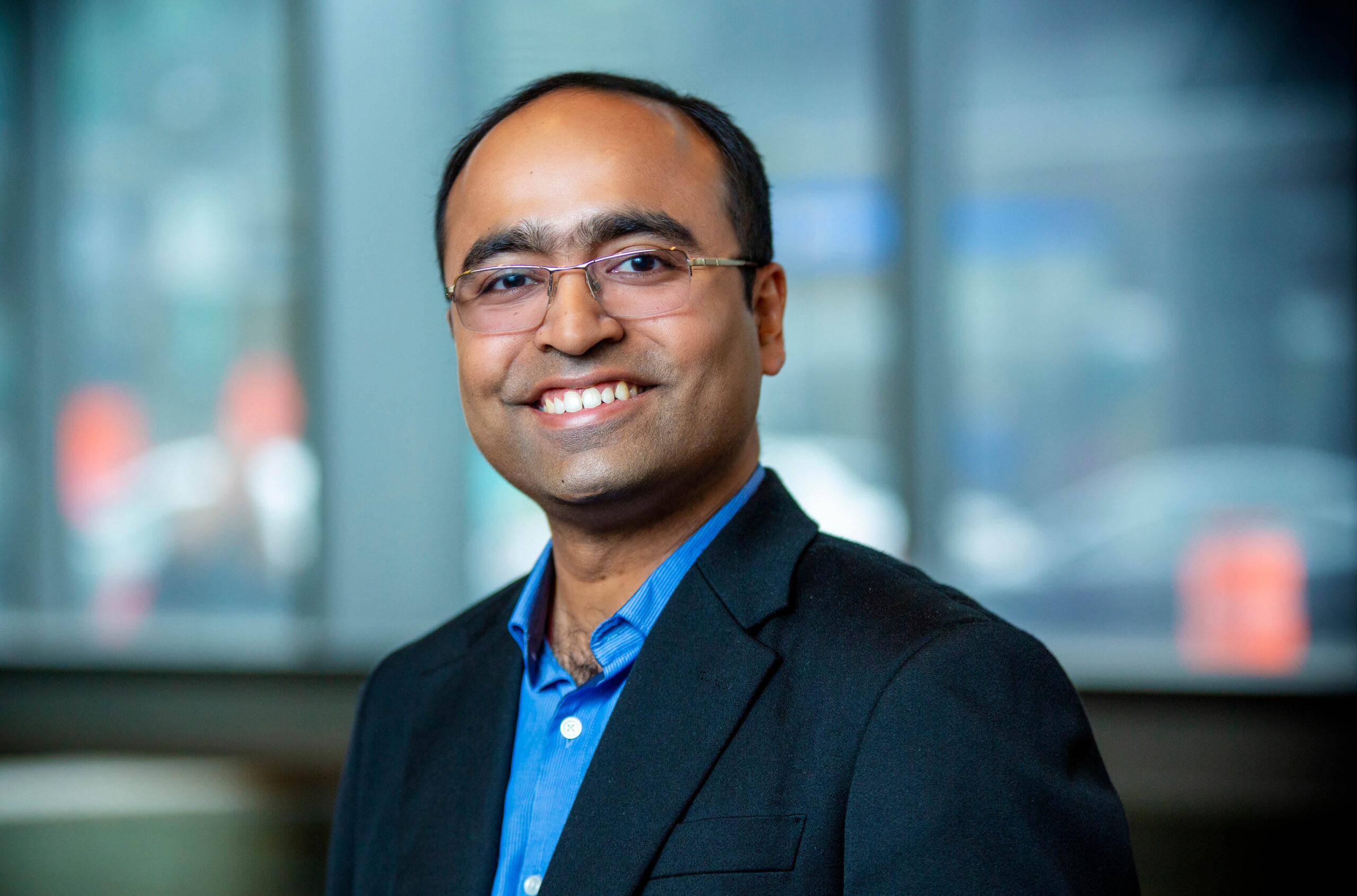
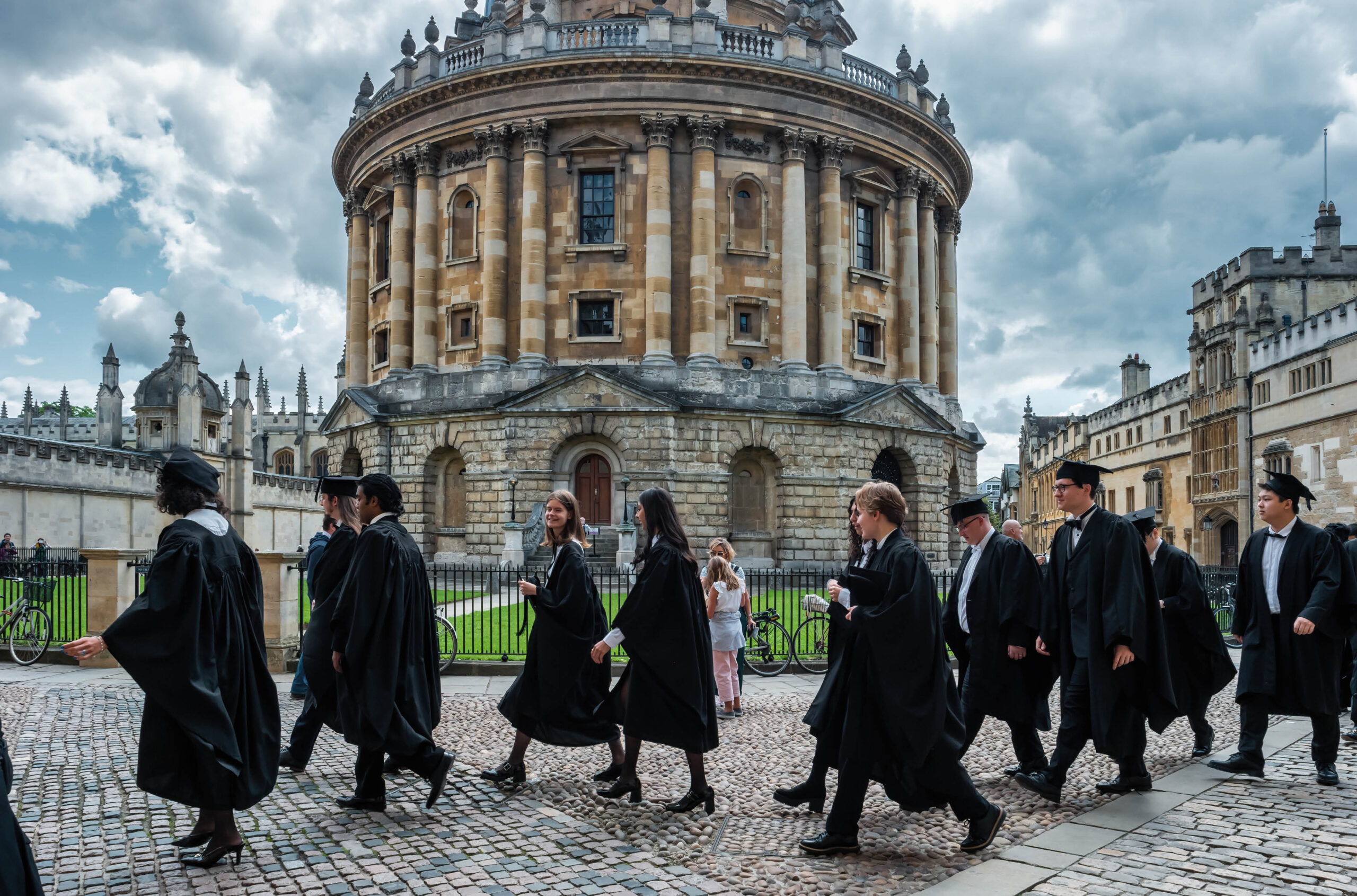
Post a comment
University Affairs moderates all comments according to the following guidelines. If approved, comments generally appear within one business day. We may republish particularly insightful remarks in our print edition or elsewhere.
1 Comments
Such a beautiful narration and an inspiring one from my dearest Rani! She’s become tea role model to all friends here back in India. Irrespective of her achievements and success stories, she’s always remained grounded.
Bangalore has never been the same since Rani left to Canada for her studies but I was the happiest to see her growing path.
All the best for everything best coming your way my dear. I always love you!